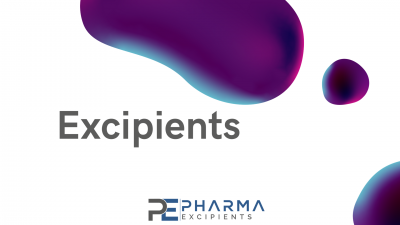A One-Step Twin-Screw Melt Granulation with Gelucire 48/16 and Surface Adsorbent to Improve the Solubility of Poorly Soluble Drugs

Fenofibrate is an effective lipid-lowering drug; however, its poor solubility and high log p (5.2) result in insufficient absorption from the gastrointestinal tract, leading to poor bioavailability. In this study, a one-step continuous twin-screw melt granulation process was investigated to improve the solubility and dissolution of fenofibrate using Gelucire® 48/16 and Neusilin® US2 as the solubilizer and surface adsorbent, respectively. The formulations (granules) were prepared at different ratios of fenofibrate, Gelucire® 48/16, and Neusilin® US2 based on phase-solubility studies and characterized using dissolution, differential scanning calorimetry, powder X-ray diffraction, and scanning electron microscopy analyses and studies on flow properties. In the phase-solubility studies, a linear relation was observed between Gelucire® 48/16 concentration and the amount of fenofibrate dissolved. In contrast, the dissolution rate of the prepared formulations was independent of the fenofibrate: Gelucire® 48/16 ratio and dependent on the Neusilin® US2 levels in the formulation. Increasing Neusilin® US2 levels decreased the rate of dissolution of the granules but improved the stability of the tablets under storage at accelerated stability conditions. Interestingly, higher Gelucire® 48/16 levels in the granules resulted in tablets with a hard matrix, which slowed disintegration and dissolution. All formulations exhibited improved dissolution compared to pure fenofibrate. Continue on a One-Step Twin-Screw Melt Granulation with Gelucire 48/16 and Surface Adsorbent to Improve the Solubility of Poorly Soluble Drugs

